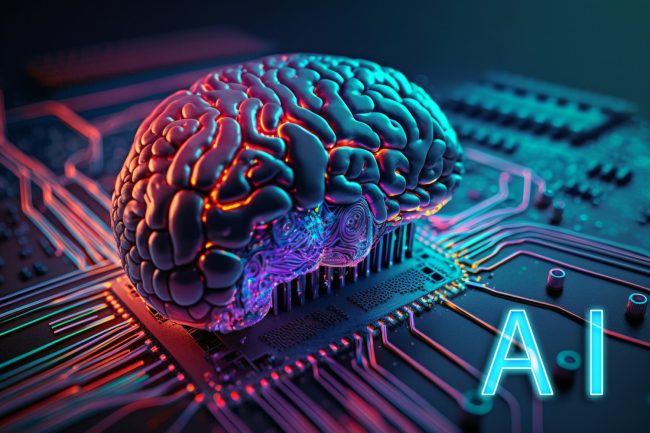
A Selfie Can Now Reveal Your Biological Age and Health Condition
Doctors may no longer have to rely solely on blood tests and lab reports to assess a patient’s health. Thanks to artificial intelligence (AI), a simple selfie can now help reveal a person’s biological condition. Researchers at Massachusetts General Brigham Hospital in Boston, USA, have developed an AI tool named FaceAge that analyzes facial images to determine a person’s biological age.
According to the researchers, age is not just a number written on an ID—one’s real health condition is often reflected through subtle facial features such as fine lines under the eyes, skin texture, and facial structure. FaceAge uses these indicators to estimate a person’s physical age, which may be younger or older than their actual chronological age.
For example, if someone is 70 years old but maintains a healthy lifestyle, strong immunity, and youthful appearance, FaceAge might estimate their biological age as 60—suggesting that they are healthier than their actual age.
Dr. Raymond Mak, a radiation oncologist and one of the co-developers of the tool, stated that doctors often try to guess whether a patient appears older or younger than their stated age. FaceAge makes that guess measurable and clinically useful.
To develop and validate this technology, the researchers used around 9,000 facial images, including many of Hollywood celebrities. They also used a separate dataset containing photos of individuals ranging from 1 to 116 years old.
FaceAge was tested on 6,200 cancer patients and found that, on average, their biological age was five years higher than their chronological age. In one study, doctors were able to predict patient outcomes with 61% accuracy using facial analysis alone. When combined with clinical data, the accuracy rose to 73%. However, with the help of FaceAge, the prediction accuracy increased to nearly 80%.
Importantly, the researchers emphasized that FaceAge is not used for identification or surveillance purposes, meaning it does not pose significant privacy risks. The tool is still in its experimental phase and will undergo further large-scale pilot studies before being adopted for broader medical use.

However, researchers also reminded that facial appearance alone should not be the sole basis for assessing health. Human health is complex and requires multi-layered evaluation. AI is merely a supportive tool—the final medical decisions should always be made by healthcare professionals.
